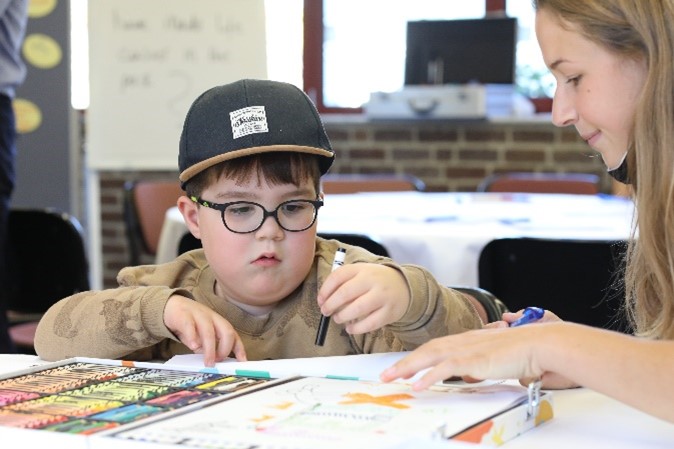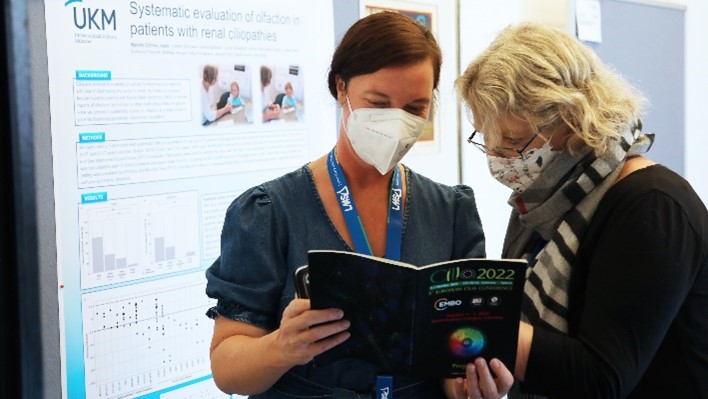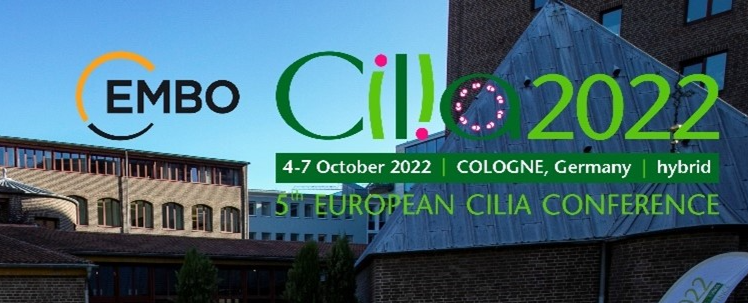
Cilia 2022 4-7 October 2022 Cologne
The Hybrid EMBO Workshop Cilia2022 was held 4-7 October 2022 in Cologne. The workshop covered 8 main topics: (1) molecular and clinical aspects of ciliopathies (including kidney, eye, brain, and motile ciliopathies), (2) cilia in tumour cells and cancer, (3) cilia in metabolism, (4) cilia in neurons, (5) structure biology of cilia, basal bodies, centrioles, and centrosomes, (6) ciliary protein and membrane trafficking, (7) cilia in signalling and development, and (8) motile cilia or flagella.
Cilia2022 continued the series of biennial European Cilia Conferences, which has been gaining momentum throughout Europe (London, Paris, Amsterdam, Copenhagen) since 2012 (the first initiated by the Ciliopathy Alliance UK). This meeting has now become the largest cilia meeting worldwide.
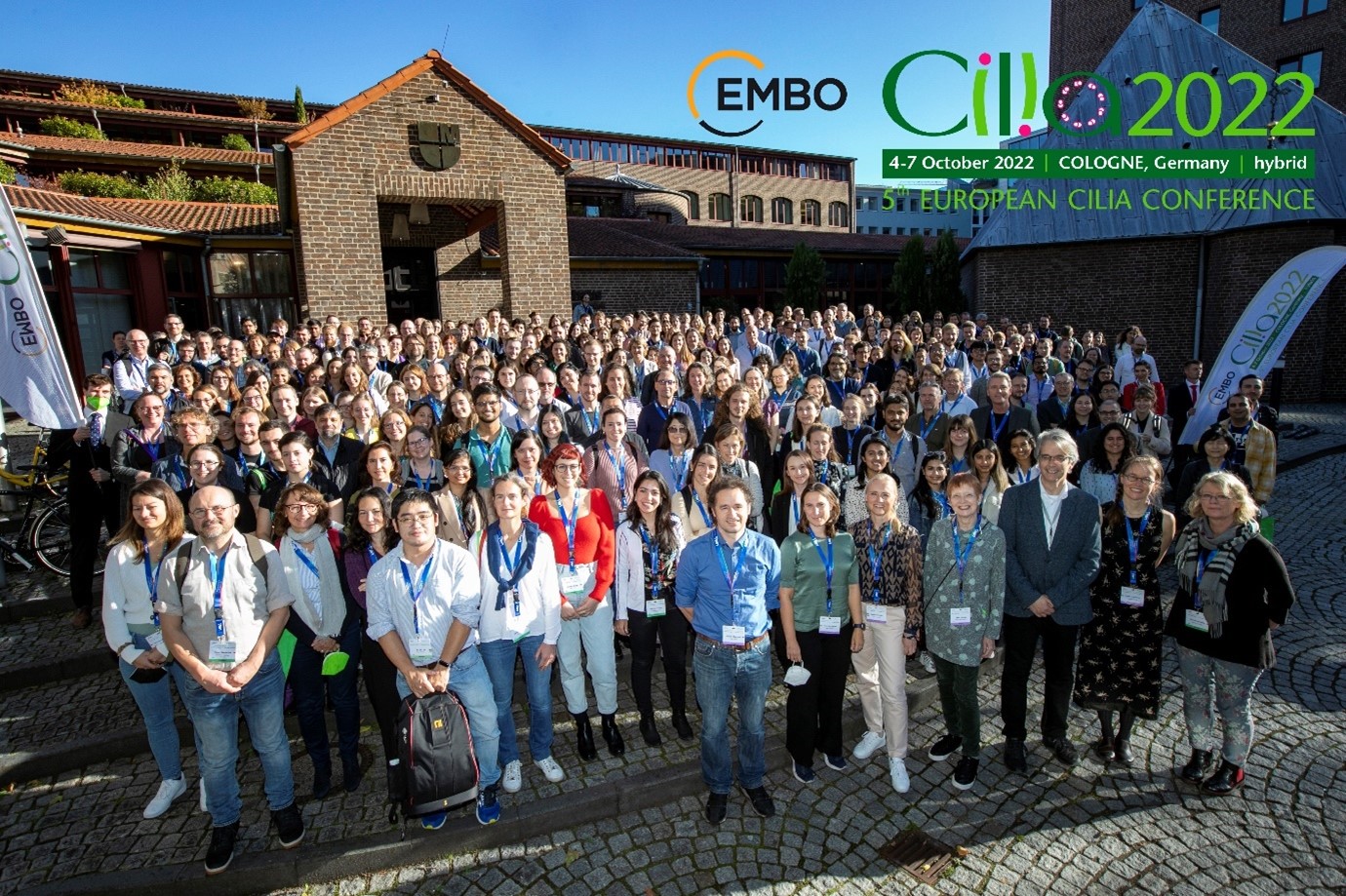
Tess Harris from the Ciliopathy Alliance was part of the organising committee along with representatives from scientists and clinicians from around Europe.
The meeting was attended by over 600 delegates from 35 countries around the world. It was a great opportunity for collaboration and networking between early students/PHD Applicants (30% of attendees), Industry (5%), patients (6%) and clinicians/scientists (59%) from around the world (35 different countries).
Phil Beales spoke about Cilia and how the ciliopathy world has developed since the Ciliopathy Alliance was established in 2012.
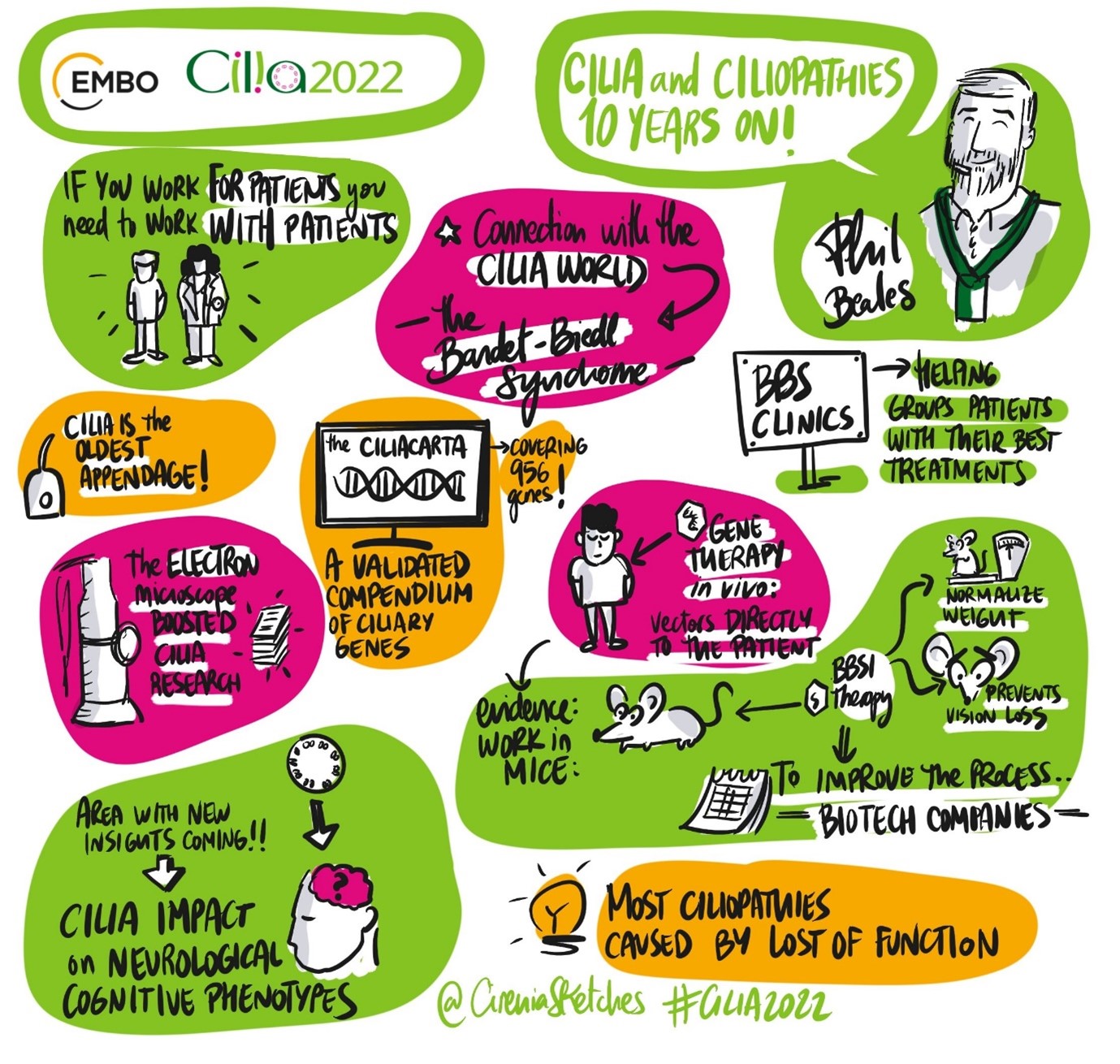
One of the highlights for the Ciliopathy Alliance was the patient day. Patients and families affected by ciliopathies got together to share their experiences with the attendees and learn more about cilia and research. All of the patients reiterated how important it is for patients and researchers to work together to help prioritise research. It was felt that research into ciliopathies is continuing to grow and it remains crucial that we keep the momentum up. It is exciting to see new technologies such as CRISP-R being used to help speed up the process in research.There were opportunities for patients to get a scan of their kidneys and for them to get some hands on experience of extracting DNA.
The other highlight was the informal networking between the researchers and patients. After the meeting lots of people went to a local brewery – where families, researchers and clinicians continued chatting about living with ciliopathies.
